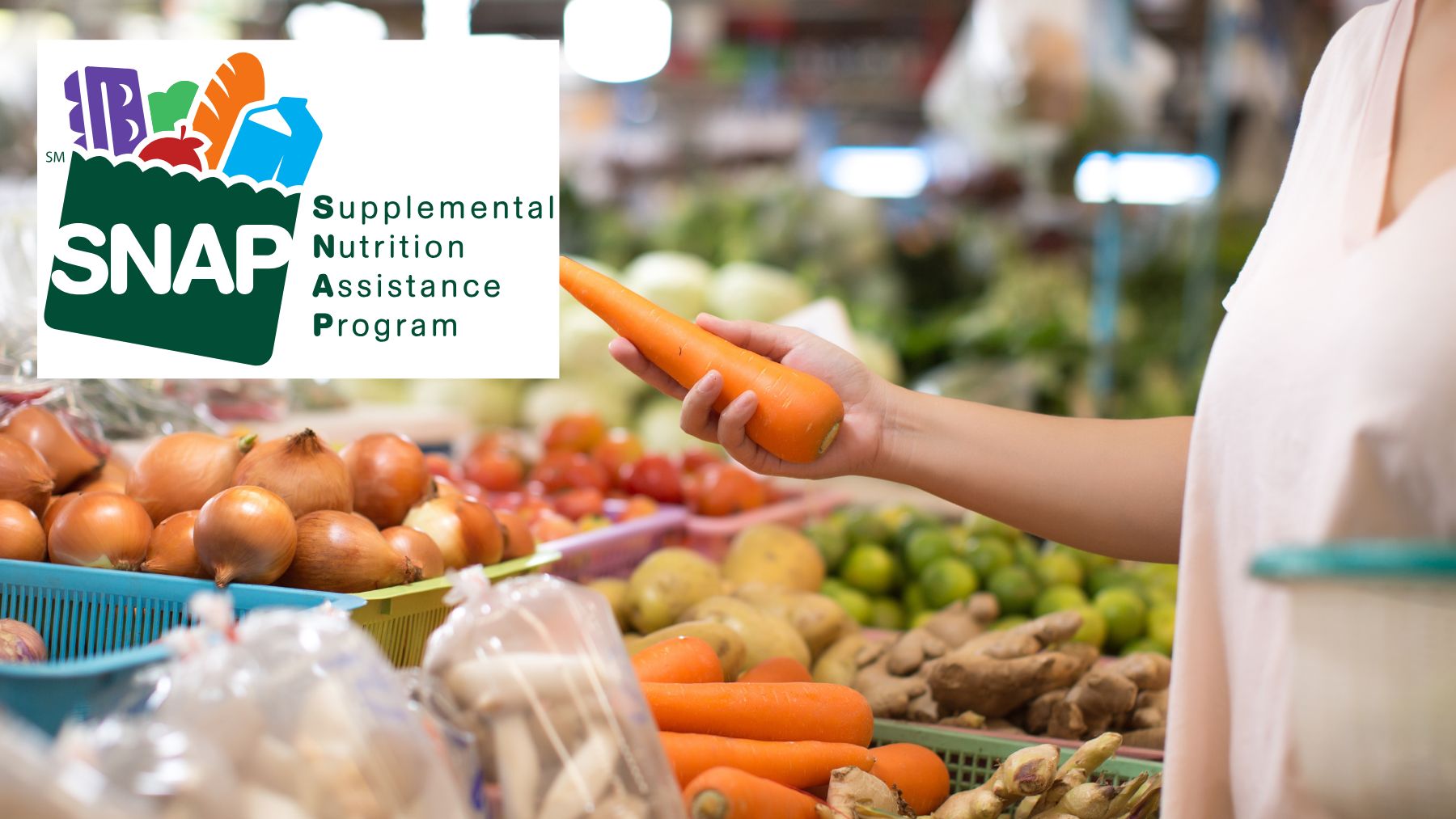States across the U.S. are racing to meet a new federal deadline that could impact millions of people who rely on food assistance. The U.S. Department of Agriculture (USDA) has given state agencies until November 1 to comply with revised work requirements for Supplemental Nutrition Assistance Program (SNAP) recipients.
The change, tied to the One Big Beautiful Bill Act (OBBBA) passed earlier this year, tightens eligibility for certain adults receiving SNAP benefits. Here, we’ll break down what the new rule means, who it affects, and what both supporters and critics are saying about it.
States face a compliance deadline on November 1
In a memo sent to state agencies on October 3, the USDA announced that new federal rules on SNAP must take effect by November. The updated policy affects able-bodied adults without dependents (ABAWDs)—a group already subject to a three-month limit on benefits within a three-year period unless they meet specific work requirements.
Under the revised law, ABAWDs must now work, volunteer, or participate in job training for at least 20 hours a week to maintain eligibility. The age range for exemption has expanded slightly, covering adults up to 65 years old rather than 59. However, other exemptions have been reduced or removed, meaning many individuals who previously qualified for extra support will now need to meet the new work standards.
The OBBBA also narrowed the definition of caregivers. Now, only those caring for a child under 14 qualify for exemption from the time limit, down from under 18. Exemptions for veterans, homeless individuals, and young adults leaving foster care have been eliminated. Still, those who are pregnant or medically unable to work remain exempt.
The USDA has stated that these updates are meant to standardize compliance and promote accountability across all states, ensuring consistent enforcement of federal policy. But many state officials and advocacy groups have expressed concern that the transition period is too short and may disrupt access to benefits for vulnerable populations.
How the changes could affect recipients and communities
Supporters of the updated requirements argue that the changes will encourage employment and reduce dependency on public assistance. In a joint op-ed published in The New York Times, Health Secretary Robert F. Kennedy Jr., Dr. Mehmet Oz, Agriculture Secretary Brooke Rollins, and Housing Secretary Scott Turner wrote: “Limited exceptions will be made for good cause, like caring for young children and health issues”.
They framed the policy as a way to “empower able-bodied individuals” and strengthen local economies by boosting workforce participation. But critics warn that the new rules could push people deeper into poverty, especially in rural or economically distressed regions. The Food Action and Research Center (FARC) noted that SNAP does more than feed families—it sustains small businesses and local economies.
Advocates also say that many individuals may lose benefits not because they refuse to work, but because of bureaucratic hurdles. As the November 1 deadline approaches, states are under pressure to update their systems, train caseworkers, and communicate the new rules to millions of recipients. Whether it will reduce dependency or deepen hardship remains to be seen, but for now, the clock is ticking for every state to comply.
